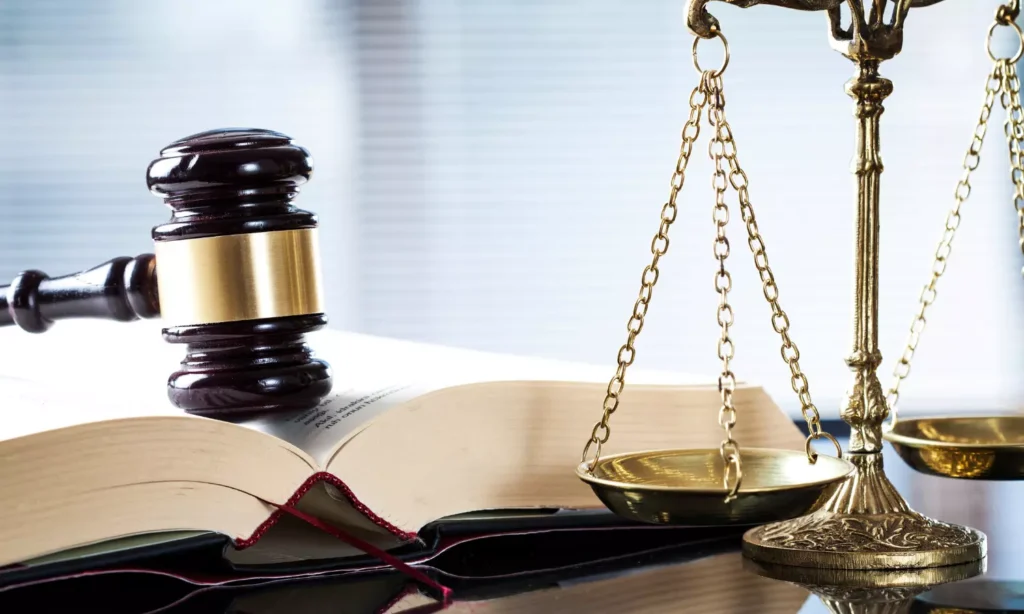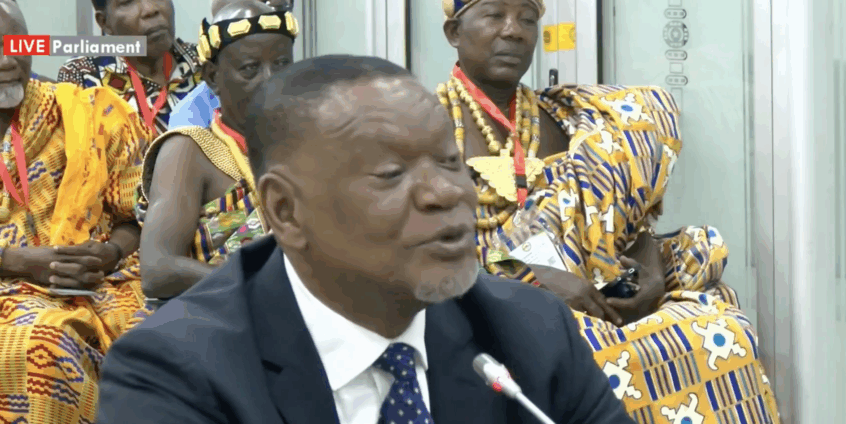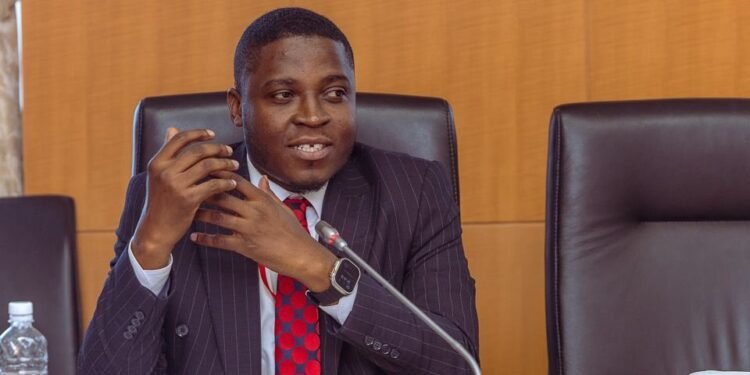In a bid to improve justice delivery in Ghana, Supreme Court nominee Justice Senyo Dzamefe has proposed bold reforms aimed at transforming the country’s judicial system.
Appearing before Parliament’s Appointment Committee for his vetting, Justice Dzamefe stressed the urgent need to establish strict timelines for cases to ensure faster resolution and improved efficiency.
Justice Dzamefe emphasized that setting clear time limits would provide structure and accountability for all parties involved.
“I think we must set timelines for cases. Let’s say criminal cases, three months, civil, six months, there must be a timeline. Then the parties, as well as the court, know that we are within a certain time period to finish cases.”
Justice Senyo Dzamefe
He pointed out that addressing systemic inefficiencies begins with prioritizing human resources.
According to him, many overlook the importance of a motivated workforce in achieving optimal productivity. “Anybody who wants to maximize productivity must first think of the human resources.”
He outlined a comprehensive strategy for reform, beginning with boosting staff morale. According to him, ensuring that court personnel are motivated is the first crucial step.
He emphasized that overburdening a single court hampers efficiency, and suggested that establishing more courts would distribute the workload evenly, enabling faster case processing.
In addition to expanding the number of courts, Dzamefe highlighted the critical role of modern technology in expediting judicial proceedings.

“…outside the courts, what next? You need…the working tools. Because if you have the courts, you have the resources, and you don’t have the working tools, it doesn’t work. So what do we do? We must go with technology.”
Justice Senyo Dzamefe
He emphasized the pressing necessity to abandon obsolete methods like handwritten notes in courtrooms.
In their place, he advocated for the integration of AI-powered solutions, including voice recording and transcription systems, which would allow court records to be instantly prepared as proceedings occur.
Virtual Courts Suggested To Speed Up Justice
Justice Dzamefe also advocated for the integration of virtual court systems to minimize delays caused by logistical challenges.
He explained that remote participation would allow witnesses to provide testimony from any location, eliminating the need for physical presence in the courtroom.
“We also need to go to virtual courts so that you don’t have to go to the court before you give evidence. So that when you are not there, it has to be postponed, or you have to travel to testify. “
Justice Senyo Dzamefe

Justice Dzamefe argued that the adoption of virtual courtrooms would help eliminate unnecessary adjournments, reduce travel costs, and keep cases moving forward, thereby enhancing public confidence in the judiciary.
In addition to the structural reforms, Justice Dzamefe addressed concerns about judicial independence, specifically in relation to his previous comments on lobbying the presidency for the payment of judges’ allowances.
Some had questioned whether such lobbying could compromise the impartiality of judges.
He firmly rejected any suggestion that judicial independence is threatened by such actions.
According to him, lobbying is a common practice that does not interfere with a judge’s ability to make impartial decisions. “This does not affect the independence of judges.”
Judicial Independence Remains Intact
Furthermore, Justice Senyo Dzamefe defended the practice, clarifying that his lobbying efforts were made on behalf of the association of judges, not for personal gain.
He argued that even if someone who assisted in lobbying later appears before a court, judges remain bound by the facts and evidence presented.

“As judges, we base our decisions on the evidence and the facts, not on friendship. So if I have fallen on somebody to press something not for me, but for the association – I was talking for the association – and that person appears before any court, not necessarily my court, the decision will be based on the facts and the evidence, not because of an association.”
Justice Senyo Dzamefe
Justice Dzamefe’s remarks reflect an ongoing effort within Ghana’s judicial system to balance the need for resource mobilization with the constitutional imperative of maintaining judicial independence.
As Parliament continues its vetting process, many observers view Justice Dzamefe’s proposals as a forward-thinking blueprint that could modernize Ghana’s legal system and bring much-needed efficiency to justice delivery.
READ ALSO: Fuel Prices Drop as Energy Levy Suspension Eases Pressure at Pumps



















